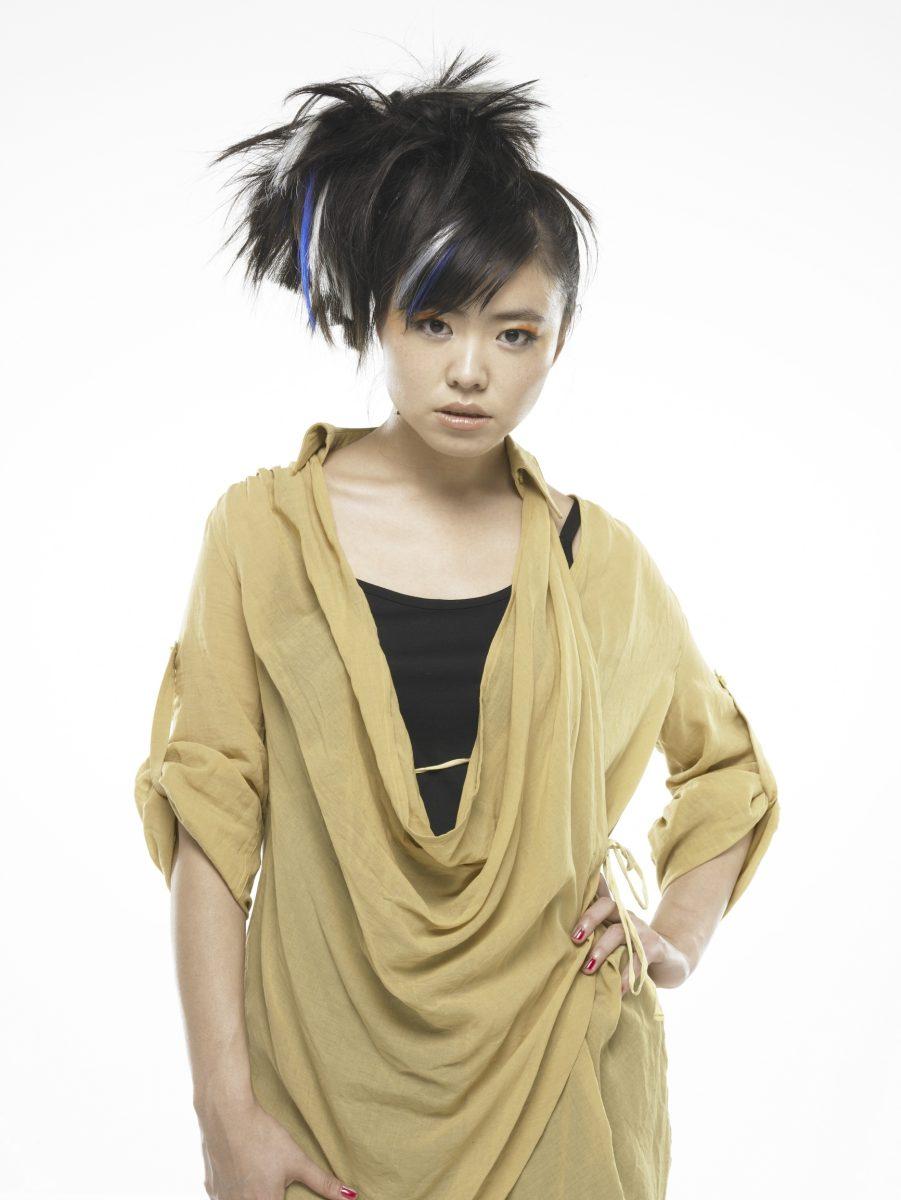I feel like I’ve had a lot of conversations recently trying to explain what “art” is. After Brian Brooks’ dance company came through here a few weeks back, a friend asked what was the deeper significance of the piece where all the dancers stood still while swaying their arms back and forth for eight minutes. Brooks had told me, simply, because it was funny. “You don’t know where the piece is going, and just when you think it’s going to end, it doesn’t!”
The same holds true for music, theatre, even film. I don’t show up so I can root out the social relevance. I show up to watch and listen. That’s all there is.
The sentiment couldn’t be truer for Jazz, and thankfully one of its finest disciples comes to Stewart Theatre, tonight at 8 p.m.
29-year old Japanese pianist Hiromi Uehara is like some mad electric butterfly when you sit her in front of a Grand. Her fingers are caffeinated spiders on a crazed quest of vengeance against the ivory keys.
And it all started at age six.
“My mom wanted me to, that’s how I got involved. But nobody had to force me to play,” said Uehara. “I started composing when I was eight, and I was writing in a journal. I would just write maybe four bars a day, instead of just writing what happened to me that day.”
At age six, learning a lot of the technical workings of music theory was a little over her head. Resilient, her teacher decided to take what could only be called a “unique” approach to instruction.
She told Hiromi to play colors. “Play blue,” then the instructor would hold up a red pen and say “Play red.”
“I was very small, so when she taught me it was easier for me to understand a language of colors,” Uehara says. Asked if she would recommend this breaking away from technique to other young artists, she said simply, “That worked for me.”
When I had first heard of her, she was described to me as a Jazz pianist, but further Googling only confused me as I got inundated with Postmodern-Jazz-Fusion-Pop pianist. Personally, I get confused by all these genre names, and I’m not surprised Uehara has gone on record as staying away from them.
“I don’t like to be defined. People assume since I make that statement about it that I hate it, but if you want to define me, that’s okay. I just don’t want to [give] my input before you hear my music. Music should speak for itself,” Uehara said. “If I say Rock, it just limits me, and I want to [be able to] be open with my audience, and honestly, I really don’t know how to define my music.”
She laughs, because this really is just about the music for her, which is why I just had to ask her about her chance meeting and performance alongside Chick Corea– the revolutionary pianist and winner of a modest 14 Grammys.
“I felt so lucky to be able to just listen to his music,” Uehara says. “I was always honored just to be a fan. To be able to be in the same period as him, to see him in a live concert! I can’t play with Frank Zappa because he’s not alive! The fact that I can converse with [Corea], the fact that he listens to my words, that is, my playing. It was great.”
Not everyone can be Chick Corea or Hiromi Uehara, though. Often, artists are afraid to put themselves out there, because it’s a tough gig, a lifelong tough gig.
So I had to ask if she had any advice to offer.
“Work hard,” Uehara said, laughing. “And that’s the only thing. It’s hard for me to, what’s the word, ‘weigh’ my talent. I don’t know how good I am. I just want to be better. I always want to go higher, I have to keep going. The people that ask how I [can] practice so much, I say ‘Why [would] you choose being a musician if you can’t spend the rest of your life doing it?'”
Art has always been about those who show up, and when it comes to Jazz it’s so important to just be there and listen. Turn off your brain and turn on your heart and music will always find a weird little home. Amid all this midterm and economic stress, I find I like putting my money into things that make me happy, because happy is something I can trust. 90 minutes of happy at five dollars sounds fair.








